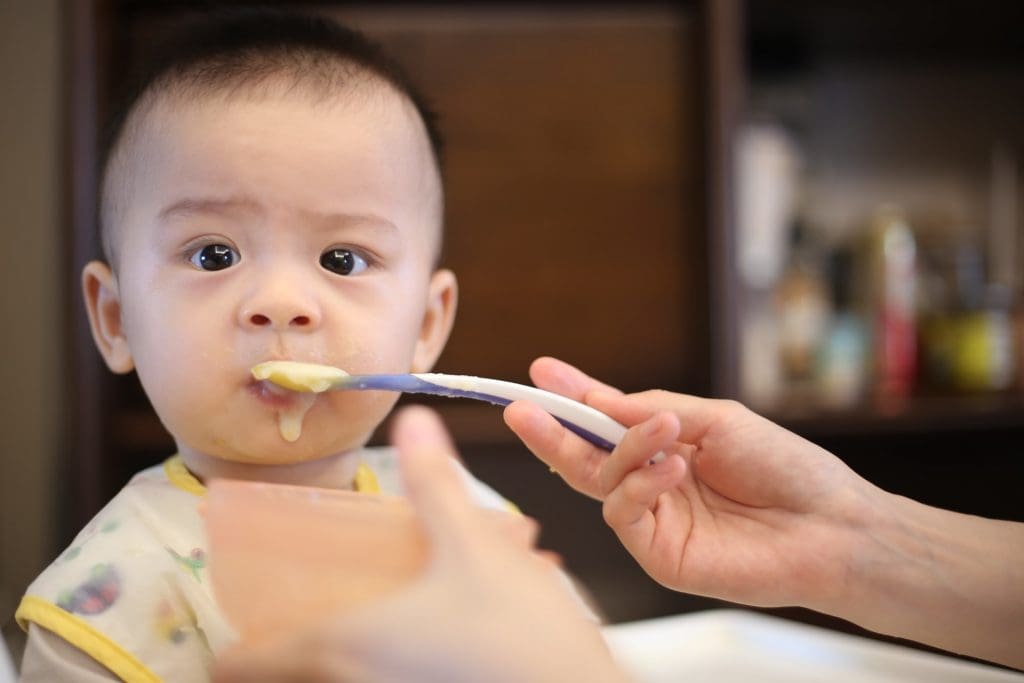Table of Contents
The Best Baby Cereals and When to Try Them
When a baby appears in a family, parents face new challenges connected with nutrition. For instance, a mother may question herself what the differences betweenrice cereal vs oatmeal cereal are? You need to understand the differences in the smallest details.
Classification of Cereals
As most parents know, cereals are the basis of a baby’s diet, but there are numerous products. That is why you need to comprehend their benefits and peculiarities. There exist several ways to classify cereals:
- According to grain types: rice, oatmeal, semolina, etc.
- Baby cereals that either contain milk or not.
- According to gluten percentage: containing gluten or gluten-free.
- Homemade or store-bought products.
This classification is important because the appropriate kid’s diet serves as an essential factor for his (her) growth and evolution. What are baby cereals to start with? The answer depends on a kid’s age – there are certain rules for each development period.
At What Age Cereals Match a Baby’s Ration?
Newborn babies “prefer” to use maternal milk as the main source of life and development. In the meantime, maternal milk becomes not enough, and the reason lies in the new demands of a baby’s body – vitamins and microelements are important for further growth. Baby-friendly cereals are a perfect choice. Meanwhile, there is still a question – when to start?
According to pediatricians, newborns should obtain mashed vegetables at the age of 4-5 months (meanwhile, there are some exceptional cases when cereals are recommended instead of mushed vegetables). As for grains, this food is appropriate to enter a baby’s ration one month later. The classification of products shows there are diverse types – which ones are the best?
The first cereals in a baby’s life should not contain gluten. Such type of protein is hard to digest; therefore, pediatricians recommend excluding gluten-containing grains. Baby rice cereals are the best solution to commence. Furthermore, buckwheat and cornmeal porridges can be implemented in a kid’s diet from the very beginning.
While talking about eight months, gluten-containing products are appropriate, as a baby’s body starts producing ferment to cleave this protein type. That is why oatmeal is a perfect solution. Other cereals need to appear in a baby’s diet starting from the age of 9 months.
Which Baby Cereals to Choose: Homemade or Store Bought?
When parents are ready to introduce cereals to their babies, there appears a question of which ones to choose between homemade and store-bought. Both solutions have a set of pros and cons; hence, you need to consider factors that are personally important for you.

Homemade products are better because of the following reasons:
- A mother makes cereal by herself, controlling every ingredient. There are no “uncertain” components.
- Such cereals are the cheapest and; therefore, the solution seems to be perfect for families with a low budget.
- Homemade cereals have a more extended expiration date.
- When you prepare baby cereals at home, stiff consistency is better for jaw muscle development.
What are the main pros of store-bought products?
- Most of the offered products are hypoallergenic; therefore, they are entirely safe for kids’ health.
- Store-bought products are rich in different vitamins and microelements.
- Such a solution is perfect for parents who experience a constant lack of time.
- Store-bought products are of liquid consistency; therefore, you may include them in babies’ diet under a year.
As such, different baby cereals are a perfect solution for different situations. Take into a set of factors and understand which products you need.
How to Prepare Cereals for a Baby?
When you choose both homemade and store-bought solutions, you need to understand how to prepare them for your kids. The whole process comprises the following stages:
- Foremost, you need to rinse and dry components (for store-bought products) or find some baby cereal recipes.
- Grind all components with a blender.
- Pour components into water (cold or boiled, depending on your recipe).
- Cook your mixture on a slow fire, stirring it from time to time.
- The preparation time depends on the grain type used for your cereal.
Are baby cereals safe? This question is among the most widespread while talking about kids. Parents need to follow all the given recommendations strictly and consult every step with pediatricians. Nevertheless, some allergic reactions or problems are possible. When you notice something inappropriate, stop giving your baby a product and find a reason for negative changes.
While talking about store-bought products, you need to purchase all the food in certified stores that only provide customers with high-quality components. The first year of newborns is frequently connected with hurdles and plenty of challenges. Meanwhile, knowledge is always a powerful weapon. Do your babies love cereals, and what pieces of advice you have for “newly converted” parents?
Featured Photo by Larry Crayton on Unsplash




